As winter settles in across the state, Animal Humane Society urges pet owners to think twice when letting pets outside for extended periods of time. Temperatures below freezing along with wind chill can prove deadly for our domesticated pets.
Keep your pets safe during the blistering cold winter months with these tips.
Indoor pet tips:
- During severe weather, dogs should be let out only to relieve themselves. Cats should be kept indoors at all times.
- Remove ice, salt and caked mud from your pet’s paws and coat immediately.
- Before walks, put Vaseline or doggie shoes on your dogs’ paws to protect him/her from sidewalk salt and chemicals; wipe the Vaseline off when back inside.
- Make sure your pet’s bed is not on the floor in a cold or drafty area of your home.
- Indoor dogs typically receive less exercise during cold weather and therefore may require fewer calories. Feed smaller portions in order to avoid weight gain. Keep them busy with indoor brain games.
Outdoor pet tips:
- Minnesota state law governs all companion animals be provided shelter from the elements. In severe weather, allow your pet to be in your house or garage.
- Outdoor pets typically need more food in cold weather because they must burn more calories to keep warm.
- Check for frostbite, especially on paws and ears.
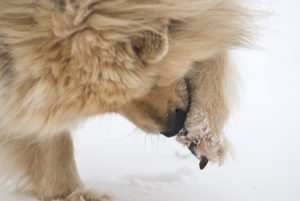
- Make sure your pet’s water is never frozen.
- Keep an eye out for and clean up all antifreeze spills — one lick of the sweet-tasting fluid can be fatal to an animal.
- Watch for signs of hypothermia — weak pulse, dilated pupils, decreased heart rate, extreme shivering, pale or blue mucous membranes, body temperature below 95 degrees, stupor and unconsciousness. Consequences of extreme hypothermia may include neurological problems including coma, heart problems and kidney failure.
- Cats have been known to climb onto vehicle engines for warmth.
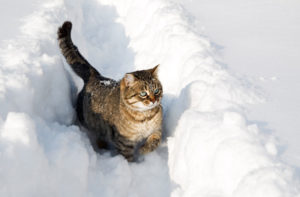 Knock on the hood of your car before starting the engine if you suspect your cat could be inside.
Knock on the hood of your car before starting the engine if you suspect your cat could be inside.
If you have additional questions or concerns about how to care for your pet in subzero temperatures, please check with your veterinarian.
Reprinted from The Animal Humane Society

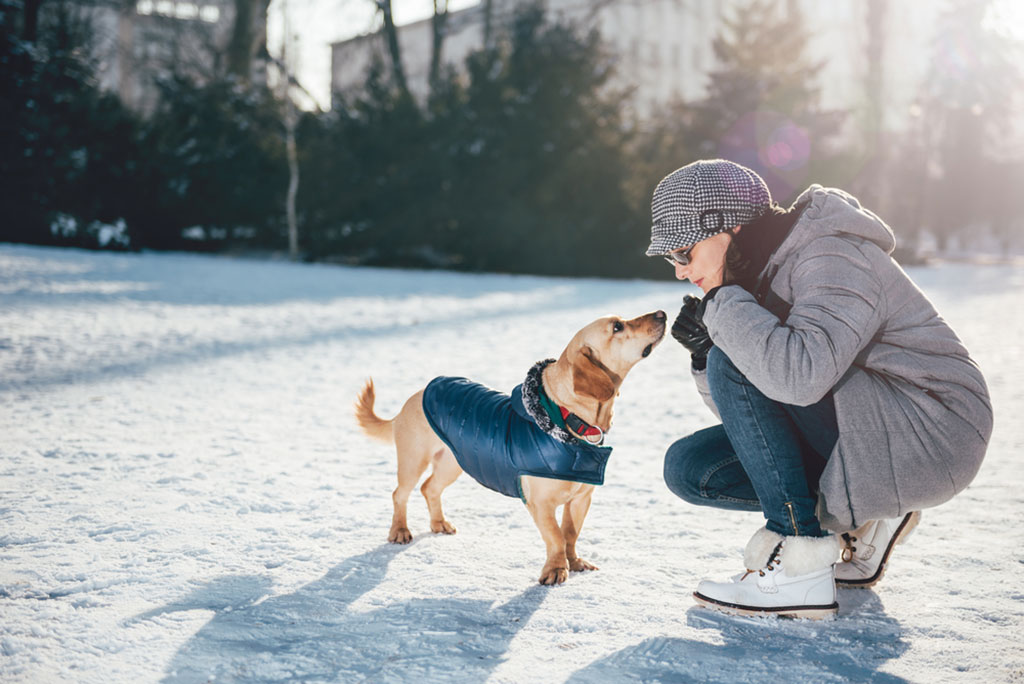


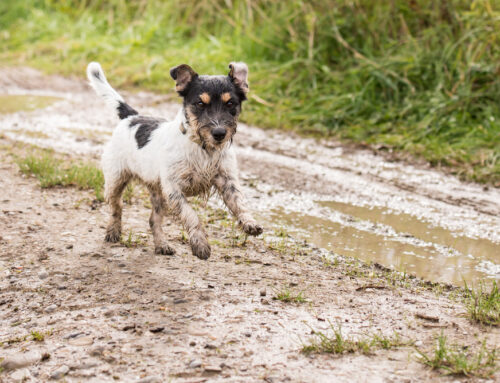
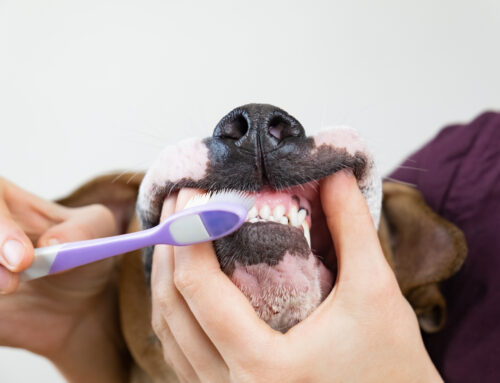
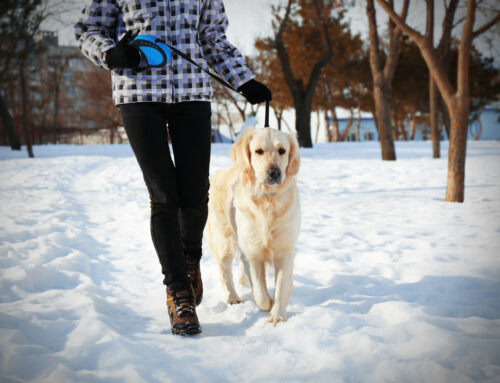
Leave A Comment